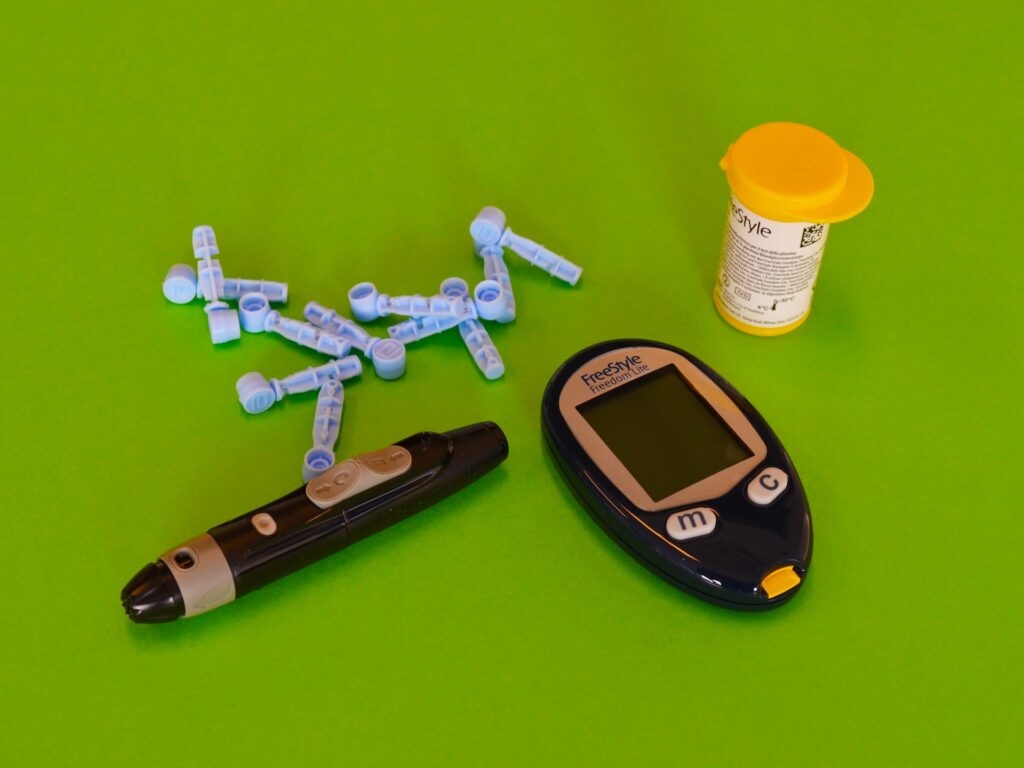Hydration and Diabetes: Discovering the Link for Better Disease Management
Introduction
Diabetes is a chronic disease that affects millions of people worldwide. Managing diabetes requires a comprehensive approach that includes medication, diet, exercise, and lifestyle modifications. However, one often overlooked aspect of disease management is hydration. Proper hydration is crucial for individuals living with diabetes as it can significantly impact blood sugar levels and overall well-being.
The Importance of Hydration
Hydration plays a vital role in maintaining overall health for everyone, including individuals with diabetes. Adequate water intake is necessary to support the body’s various functions, including digestion, metabolism, and waste elimination. For individuals with diabetes, proper hydration can help regulate blood sugar levels, prevent dehydration-related complications, and support the overall effectiveness of diabetes management.
How Hydration Affects Blood Sugar Levels
Hydration has a direct impact on blood sugar levels. When the body is properly hydrated, it functions optimally, which includes maintaining stable blood sugar levels. Insufficient hydration can lead to increased blood sugar concentrations, making it challenging to manage diabetes effectively. Dehydration can trigger the release of stress hormones, such as cortisol, which elevates blood glucose levels. Additionally, dehydration can cause insulin resistance, making it more difficult for the body to utilize insulin efficiently.
Optimal Hydration Strategies for Diabetes Management
To ensure proper hydration and support diabetes management, individuals should focus on the following strategies:
-
- Drinking Sufficient Water: Aim to consume at least eight glasses of water daily. Keep a water bottle handy as a visual reminder and make sure to drink more during physical activity or when experiencing high blood sugar levels.
-
- Avoiding Sugary Beverages: Stay away from sugary drinks like soda, fruit juices, and energy drinks. These beverages can cause blood sugar spikes and provide empty calories without any nutritional benefits.
-
- Monitoring Urine Color: Urine color can be a helpful indicator of hydration status. Light-colored urine suggests proper hydration, while dark-colored urine indicates a need for more fluids.
-
- Accounting for Physical Activity: Exercise is essential for diabetes management, but it can also increase fluid loss through sweat. Drink water before, during, and after physical activity to compensate for fluid loss and prevent dehydration.
-
- Consulting with a Healthcare Provider: Individuals with diabetes should consult with their healthcare provider regarding their specific hydration needs. They can provide personalized recommendations based on factors such as age, weight, activity level, and any medications being taken.
Frequently Asked Questions (FAQs)
1. Can dehydration affect blood sugar levels in individuals with diabetes?
Yes, dehydration can lead to elevated blood sugar levels. When the body is dehydrated, it produces stress hormones that can increase blood glucose concentrations and make diabetes management more challenging.
2. How can I ensure I’m drinking enough water?
Drinking at least eight glasses of water per day is a general guideline for proper hydration. Keeping a water bottle with you and monitoring urine color can help ensure you’re drinking enough fluids. However, consulting with a healthcare provider is recommended for personalized recommendations.
3. Are there any specific beverages I should avoid?
Individuals with diabetes should avoid sugary drinks like soda, fruit juices, and energy drinks. These beverages can cause blood sugar spikes and provide empty calories without any nutritional benefits.
4. How does physical activity affect hydration?
Physical activity can increase fluid loss through sweat, which can lead to dehydration. It is crucial to drink water before, during, and after exercise to compensate for fluid loss and maintain optimal hydration levels.
5. Should I consult with my healthcare provider regarding my hydration needs?
Yes, it is recommended to consult with a healthcare provider regarding your specific hydration needs. Factors such as age, weight, activity level, and any medications being taken can influence your hydration requirements.
Conclusion
Proper hydration is essential for individuals with diabetes to effectively manage their condition. By understanding the link between hydration and blood sugar levels, implementing optimal hydration strategies, and consulting with healthcare providers, individuals with diabetes can enhance their disease management and improve overall well-being.

